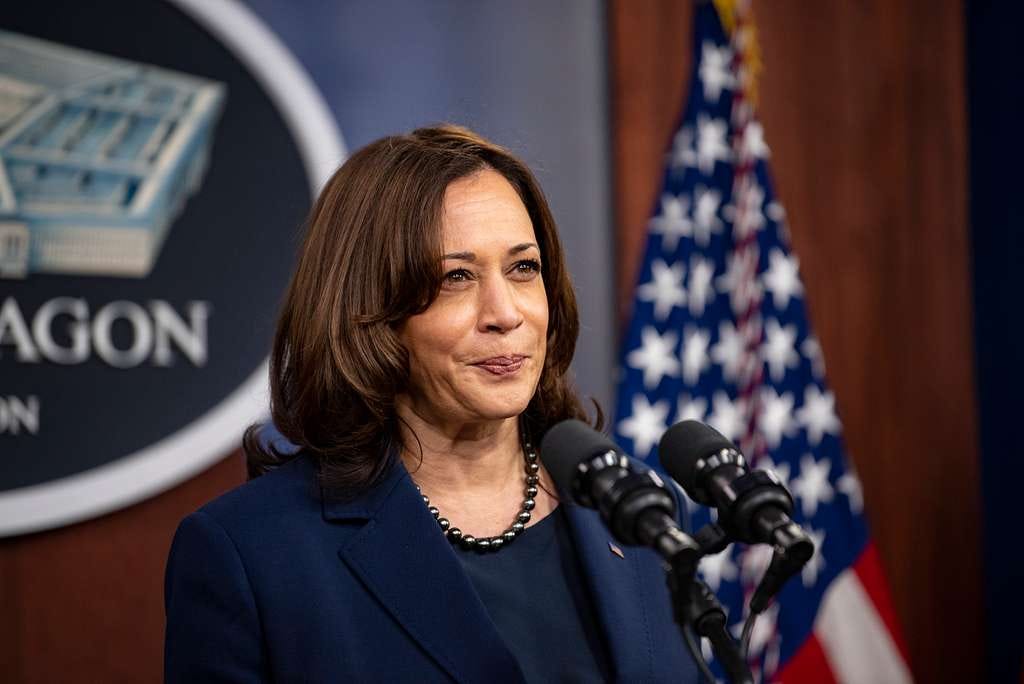4 Reasons Why Harris lost?
Kamala Harris's defeat in the 2024 presidential election can be attributed to a combination of factors that ultimately led to her failure to connect with key voting blocs and address pressing national concerns. The post-election analysis reveals several critical missteps that contributed to her loss to Donald Trump.
One of the primary issues that plagued Harris's campaign was her heavy focus on abortion rights and transgender politics. While these topics resonated with her base, they failed to galvanize the broader electorate. Exit polls showed that only 54% of women voted for Harris, a significant drop from the 57% that supported Biden in 2020. This decline suggests that Harris's emphasis on these issues may have alienated moderate voters and failed to address their immediate concerns.
The state of the economy proved to be a significant stumbling block for the Harris campaign. With inflation and economic uncertainty weighing heavily on voters' minds, Harris struggled to articulate a clear plan for financial recovery. As noted by political analysts, "Harris' theory of the case was flawed. Looking at examples from the 2022 elections, she assumed that putting reproductive rights at the center of her agenda would mobilize an army of angry women and move them to the polls in record numbers. This did not happen. Instead, voters seemed more concerned with their financial well-being and job security.
Foreign policy also played a significant role in Harris's defeat. The ongoing conflicts in Gaza and Ukraine left many Americans weary of international entanglements. Harris's perceived lack of a clear strategy to end these conflicts cost her support, particularly among Arab and Muslim voters who had previously backed the Democratic ticket. The absence of a coherent plan to disengage from these conflicts resonated poorly with an electorate increasingly focused on domestic issues.
Perhaps most damaging to Harris's campaign was her handling of immigration and border security. The surge in illegal immigration and drug trafficking during the Biden administration became a lightning rod for criticism. Harris, tasked with addressing the border crisis early in her vice presidency, failed to present a compelling solution. This weakness was particularly evident in her performance among Latino voters, with only 53% supporting her compared to the 59% who backed Biden in 2020. This shift indicates a growing dissatisfaction with the administration's border policies among a crucial demographic.
The Trump campaign capitalized on these vulnerabilities, launching targeted attacks that further eroded Harris's support. As one analysis pointed out, "The Trump campaign decided that Harris' stance on transgender issues was the Willie Horton of 2024 and invested heavily in negative advertising that dominated the airwaves throughout the South. This aggressive strategy effectively sways undecided voters and energizes Trump's base.
Ultimately, Harris's campaign suffered from a fundamental disconnect with the electorate's priorities. While she focused on social issues that resonated with progressive voters, she failed to address the economic anxieties and security concerns that dominated the minds of many Americans. One commentator noted, "Her closing argument—that Donald Trump posed a clear and present danger to democracy—fared little better. This happened in part because many Republicans and Independents saw Harris and the Democrats as the real threats to democracy and also because the charge offered no new information that would sway voters whose minds weren't made up.
The 2024 election serves as a stark reminder of the importance of connecting with voters on the issues that matter most to them. For Kamala Harris, the failure to do so resulted in a defeat that will likely be studied and debated for years.


